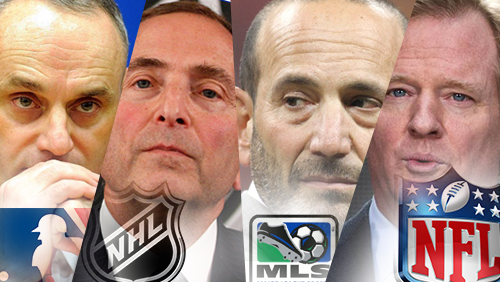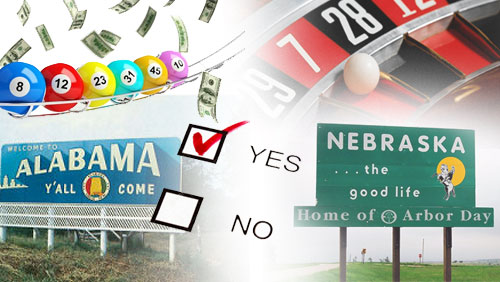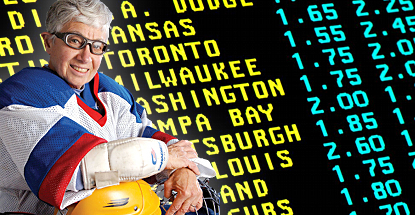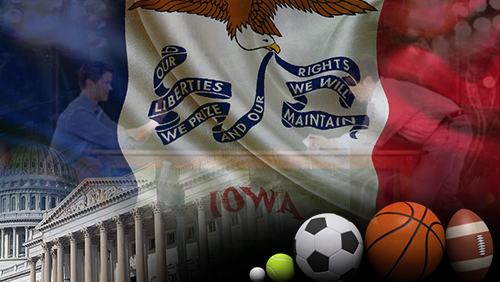Take Our Poll
NBA Commissioner Adam Silver opened the discussion of a professional sports league warming up to the idea of supporting legalized sports betting, which is why we decided to ask our readers, “Who will be next pro league boss to likely strike a favorable sports betting position?”
Naturally, Silver has become somewhat of a hero in these parts for his stance. his willingness to have a discussion on the subject got us thinking. Outside of Silver, which commissioner among the the four other professional sports leagues will most likely follow Silver’s lead and be receptive to the previously frowned upon idea of embracing a legalized sports betting environment.
We put four names on the list – Major League Baseball’s Rob Manfred, the NHL’s Gary Bettman, the NFL’s Roger Goodell, and Major League Soccer’s Rob Garber – and after a week of voting, well, the results are in.
What we found out wasn’t really that surprising because Manfred, the newly appointed commissioner of MLB, came away with the most votes, getting 50% of total votes. Why isn’t this surprising? Well, Manfred actually opened up about the idea already, telling ESPN.com that a legalized sports betting structure is something he’s willing to discuss with team owners in the league. That itself kind of already answered the poll, right?









